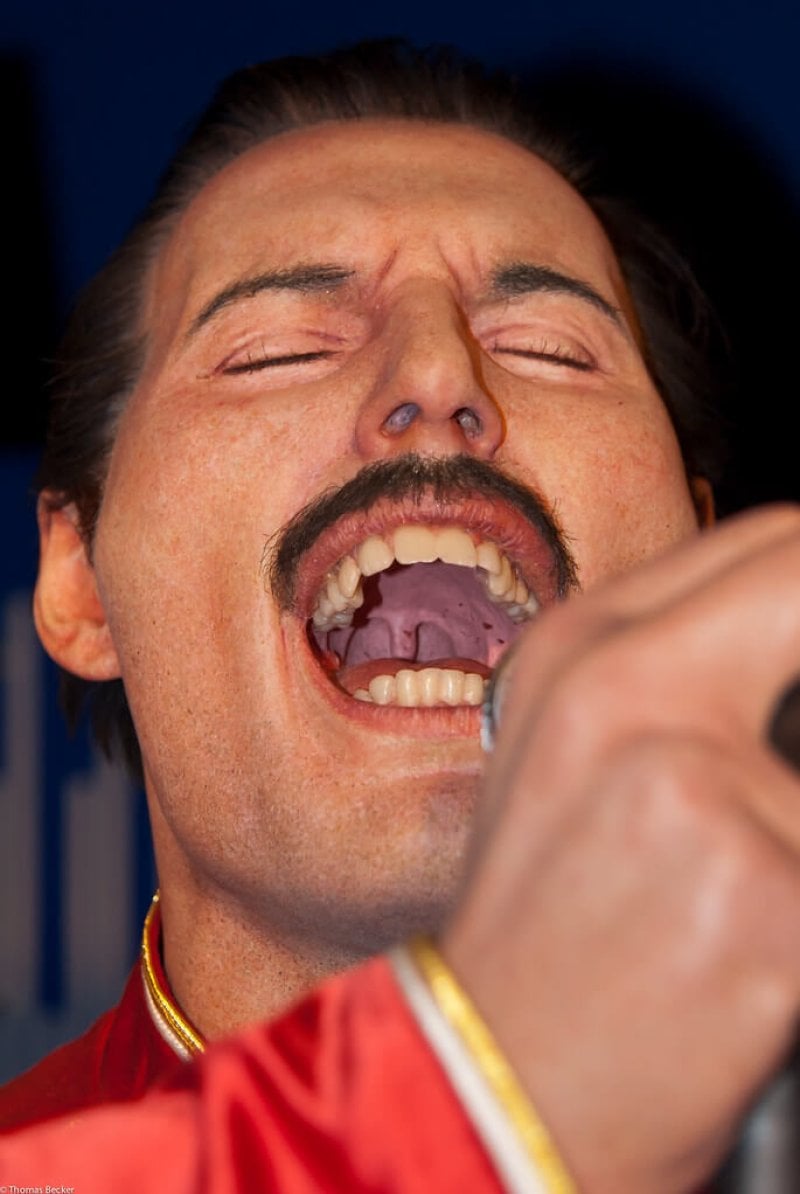Without a designated host, the 91st Oscars defied tradition by kicking off the ceremony with a performance by Queen. Adam Lambert channeled the late Freddie Mercury on the microphone as he sang “We Will Rock You” and “We Are the Champions,” two of the British band’s most well-known songs.
Although it was incredibly entertaining, Freddie himself wasn’t quite there. Which brings up the query that many people are asking: Did having four additional incisors due to a genetic flaw help him sing so beautifully? Can having more teeth give you more range?
One of the most intriguing side stories to come out of the Academy Award festivities this year is that one.
Genetics?
What is known is as follows: When Freddie was a boy and a teen, when he was then known as Farrokh Bulsara, his dental endowment (or ailment, as he surely thought growing up) gradually pushed his front teeth forward. This led to a lot of mocking (“Bucky”) from other kids. Then, he covered them with a mustache and his hand. But, it never stopped him from singing.
The transplendent Rami Malek reportedly put on a set of specially made prosthetic upper teeth to practice speaking and singing as part of his preparation for his role as the four-octave leader.
While Freddie’s extra teeth were unlikely due to a specific genetic disorder, at least one group of researchers has suggested an alternate biological explanation.
Nearly all single-gene conditions that have a dental component have unusually-shaped or absent teeth, not extra ones. The rare disorders that can produce an extra tooth or two are almost always a syndrome, with other symptoms. Cleidocranial dyplasia, for example, also causes short stature, missing shoulder blades, and scoliosis. And Gardner syndrome is better known for its abundant colon polyps, but a few people with it have extra teeth.
A number of case reports in the medical literature describe people with extra teeth, but none of them are rock stars. One person had 17 extras! A paper in an oral pathology journal from 2005 described a multi-toothed parent and child, suggesting that extra teeth can be inherited.
Wherever extra teeth come from, errant genes or accidents of development, descriptions in technical papers tend to list associated problems, not stupendous singing ability, particularly if the upper front teeth are affected. According to a 2010 literature review, extra teeth usually result in “oral problems such as malocclusion, food impaction, poor aesthetics, and cyst formation.”





